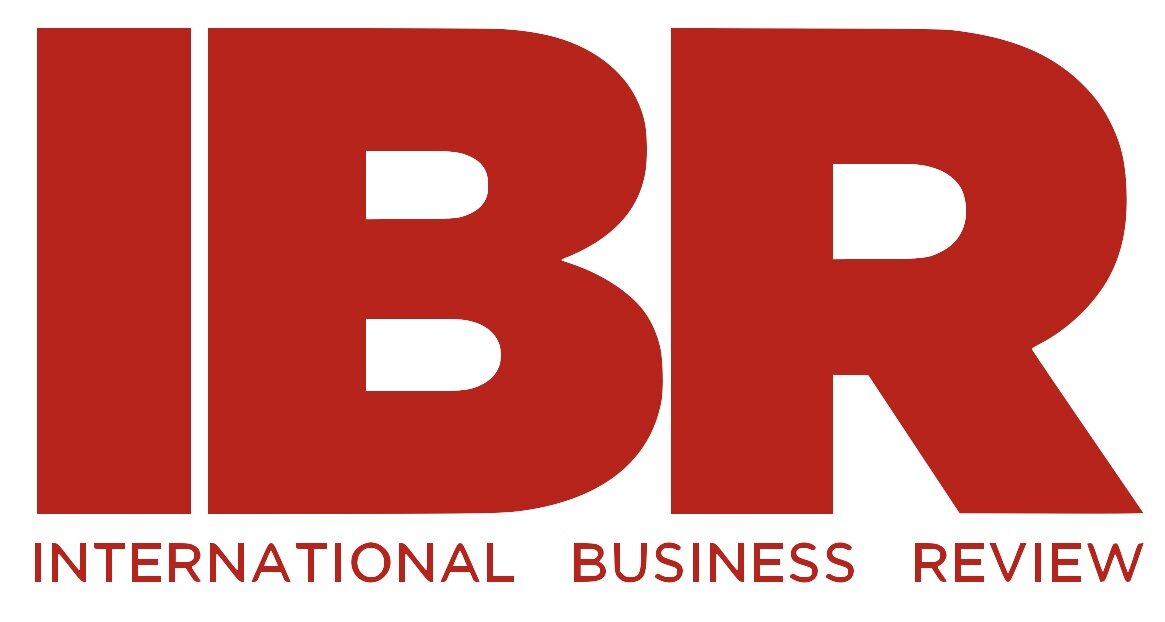500 million plastic straws are used in the United States every day. These single-use plastics bypass traditional recycling procedures, end up in the oceans, break down into tiny pieces called microplastics, and are consequently ingested by turtles, fish, and other marine life. These facts have been known for decades, and their harmful effects on the environment have been repeatedly researched for a long time. Even so, Americans on average continue to use 1.5 plastic straws a day. I know I still do, and you probably do as well.
So why are we not ditching plastic straws for any of the various more environmentally friendly options such as paper and metal straws?
Frankly, paper straws suck. Nobody wants to taste paper and the texture of wet cardboard while sipping their morning lattes. Nobody wants the middle of their straw to crinkle after thirty seconds of being stuck into through the lid. A Twizzler candy does a better job, and if I was 5 years old, I might consider using one.
Metal straws are not any better either. They are inconvenient to carry around, difficult to wash well, too hard, often too cold, and always leave a metallic taste in your mouth. Imagine accidentally jabbing a mini stainless steel pipe against your teeth or gums. It is a death trap.
Plastic straw alternatives are awful and won’t be able to replace plastic without drastic product advances. While marketing teams at environmental groups are pouring money to get the hashtag #StopSucking trending on Twitter, the root problem can only be solved through the acceleration of material science and biological research. In today’s world, the emotional and moral appeal of saving turtles is simply not enough for most people to ditch the convenience of plastic straws. This notion that ethics does not drive efficient change extends to different problems and industries as well.
Two companies with environmentally focused missions that have shown significant progress in revolutionizing their industry are Beyond Meat and Tesla. In 2009, Beyond Meat was founded to tackle 4 global problems: “human health, climate change, constraints on natural resources, and animal welfare.” Since then, their product line consisting of tasty plant-based burger patties, beef, and sausage has been met with a demand so high that the company faced an immense inventory shortage. In the past decade, Beyond Meat has successfully begun to normalize plant-based eating and change the stigma around stereotypical expensive, bland-tasting vegan food. All of the marketing campaigns and partnerships in the world could not have amounted to their immense success in increasing consumption of plant-based food Beyond Meat has achieved without creating an alternative product that is better tasting and more nutritious than real meat.
The renewable energy sector underwent a similar transformational journey. Founded in 2003, Tesla set out to “accelerate the world’s transition to sustainable energy,” mainly through its product line of electric vehicles. Gasoline automobiles currently contribute to 27% of global greenhouse gas emissions and release of carbon dioxide, leading to the breakdown of the ozone and increase in global warming. Last year in 2018, Consumer Reports’ released Owner Satisfaction Survey rated Tesla vehicle owners as the consumers most satisfied with their cars at a 91% satisfaction rate. In addition, last year in the United States, Tesla surpassed all other well established luxury car-dealers in sales, selling a grand total of 20,500 vehicles compared to the 16,511 units sold by the runner-up, BMW. Surprisingly, “environmentally friendly” did not make the top 5 features that motivated Tesla owners to make their purchase. Instead, consumers most valued the autopilot technology, driving experience, convenient mobile service, long range, and vast supercharger network. Tesla vehicles are objectively superior to most gasoline vehicles in terms of technological advancement and ownership convenience. They positioned their cars as the best vehicles on the market, without compromise. They just happened to be fully electric. To date, Tesla estimates that its vehicles have saved over 3.5 million tons of carbon dioxide, a major greenhouse gas and contributor to global warming, from entering the atmosphere. Tesla is a prime model of how consumers naturally transition to superior products, and if that product exerts a positive externality on the world we live in, we all benefit.
The lack of action to curb the pollution of plastics into our oceans is similar to the consumers’ lack of action taken in the plant-based foods market in 2009 and electric vehicle market in 2003. With superior product alternatives in the market such as straws, consumers will be incentivized to adopt practices that will maximize benefit to society. Governments, research universities, and the private industry must work together to ensure the continued innovation for plastic straw alternatives, greenhouse gas reduction processes, and clean energy technologies.
Meanwhile, all we can do is #StopSucking.
Ben Du is a freshman in the School of Engineering and Applied Sciences and The Wharton School, studying Computer Science and Management. His interests include consulting and technology. He is from Southern California and enjoys going to the beach, skydiving, and exploring new restaurants.
Sources:
https://www.strawlessocean.org/faq
http://www.ecocycle.org/bestrawfree/faqs
https://www.lonelywhale.org/stopsucking
https://www.resortrealty.com/blog/protect-what-you-love-10-ways-to-keep-the-obx-clean/
https://www.businessinsider.com/why-tesla-owners-love-cars-2017-1
https://cleantechnica.com/2018/12/25/23-nasty-tesla-charts/
https://www.cnet.com/roadshow/news/top-5-reasons-to-buy-a-tesla-now/

